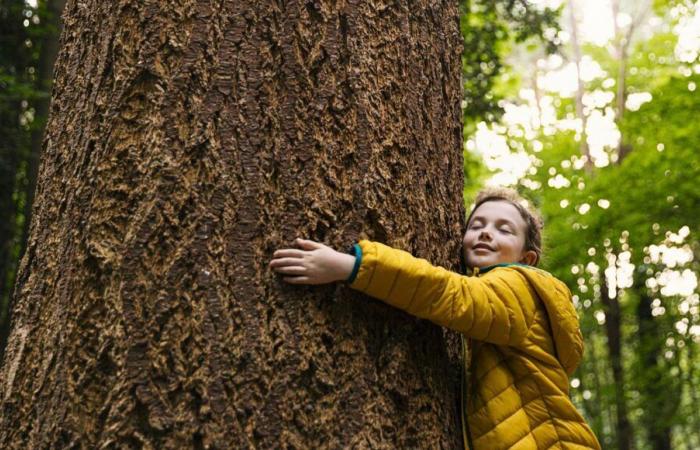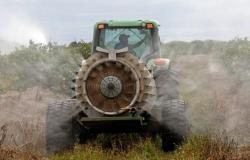Do you remember your last walk in the forest or this excursion by the sea, far from any habitation?
Do you remember the calm you felt, the pleasure of discovering living things? A form of wonder at our environment.
Faced with the climate emergency and the damage caused by human action, perhaps we have every interest in seeking this wonder, in looking with empathy at this living thing. Cultivate this empathy to reconnect us and encourage us to protect the planet.
A utopia or another way of approaching ecological questions?
A disappearance of the forest
Under Plato's sun Listen later
Lecture listen 51 min
During the COP 16 on biodiversity which took place in Colombia, a figure was stated: more than one species of trees in three is today threatened with extinction, species of magnolias, the horse chestnut in particular . For the author of The Secret Life of Trees, Peter Wohlleben, “It’s terrifying. There are approximately 70,000 tree species. And this report shows that the most mistreated forests in the world are in Europe. We no longer have primary forests. We are ignorant of our own ecosystems and that is why we need more protected areas in Europe. More than in poor countries, it is here that things burn. » This disappearance of trees is to be found on the side of forestry “We cut down more trees than they grow! » La solution ? “It is not a question of giving up wood, but of using it less to preserve trees, sources of CO2 capture, but also habitat for bats…”
A life without bats?
The bat is threatened with extinction. However, as biologist and chiropterologist Laurent Tillon explains, we couldn't do without it. He cites the 2001 experience in the United States where a large population of bats died due to a fungus from Europe against which they were not immune. “The disappearance of these bats has led to the proliferation of lots of insects that destroy rapeseed, corn and cotton. It cost between three and four billion dollars. Having to compensate with chemicals for what nature did alone, and today, it has been measured, has cost the lives of 1,300 newborns. » Laurent Tillon warns: “ We live in a world of interactions which means that bats, like whales, trees, or insects, all have their place and we must be able to live with all of these living things. »
The Blue Hour Listen later
Lecture listen 51 min
The solutions for true awareness are worth listening to…
Guests:
- Peter Wohlleben, (translation by Xavier Ruiz) German forestry engineer and writer. He runs an ecological forest in Germany. Book : Our wild heritage, The arenas, 2024.
- Laurent Tillon, biologist and chiropterologist, responsible for taking wildlife into account in forest management at the National Forestry Office. Books: The ghosts of the night. Of bats and men, Southern Acts, 2023; To be an oak tree. Under the bark of Quercus, Ed. Babel, 2021.
Great good to you! Listen later
Lecture listen 55 min
Earth squared Listen later
Lecture listen 54 min
+ The Things seen from column Christophe André






